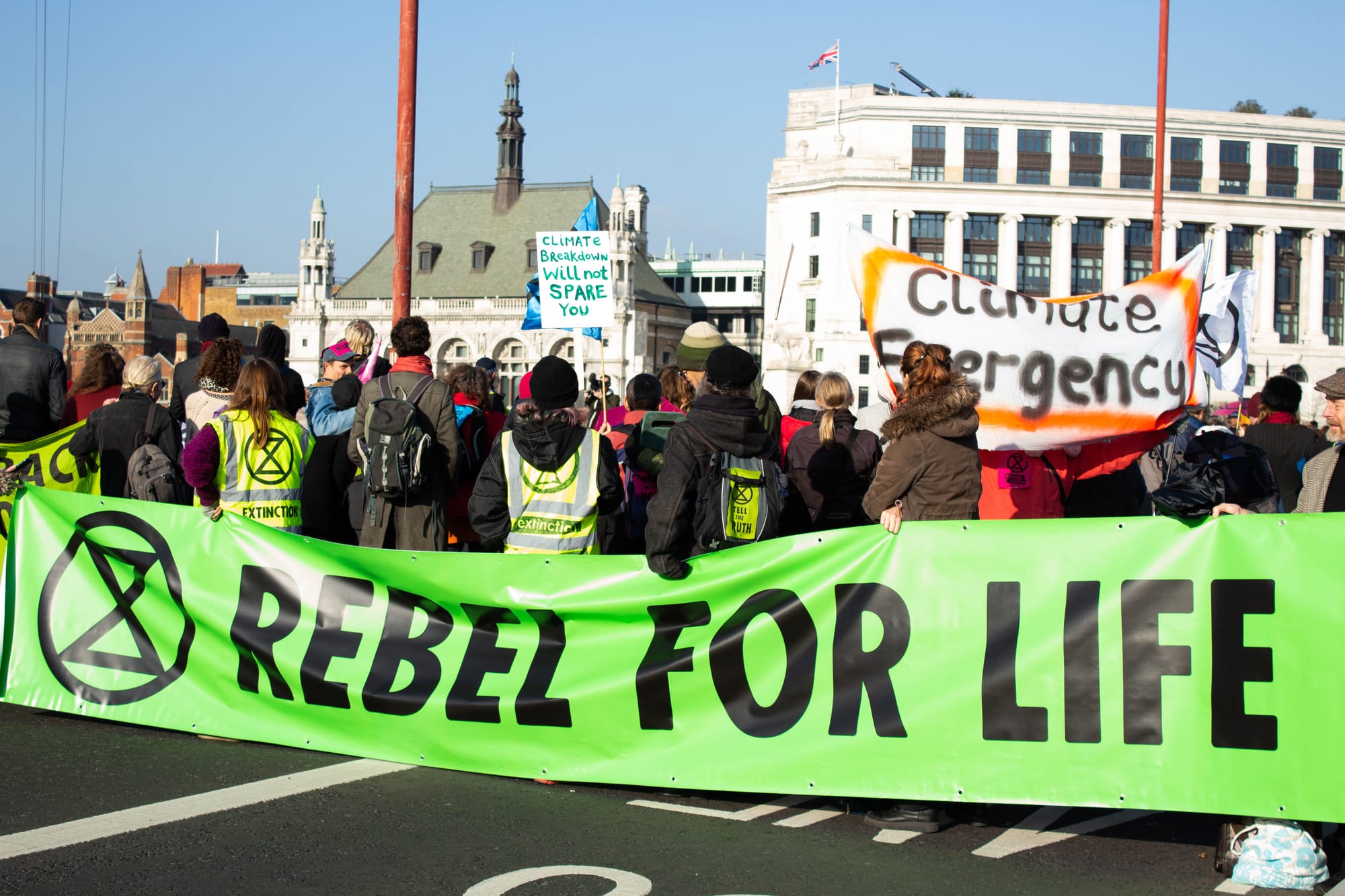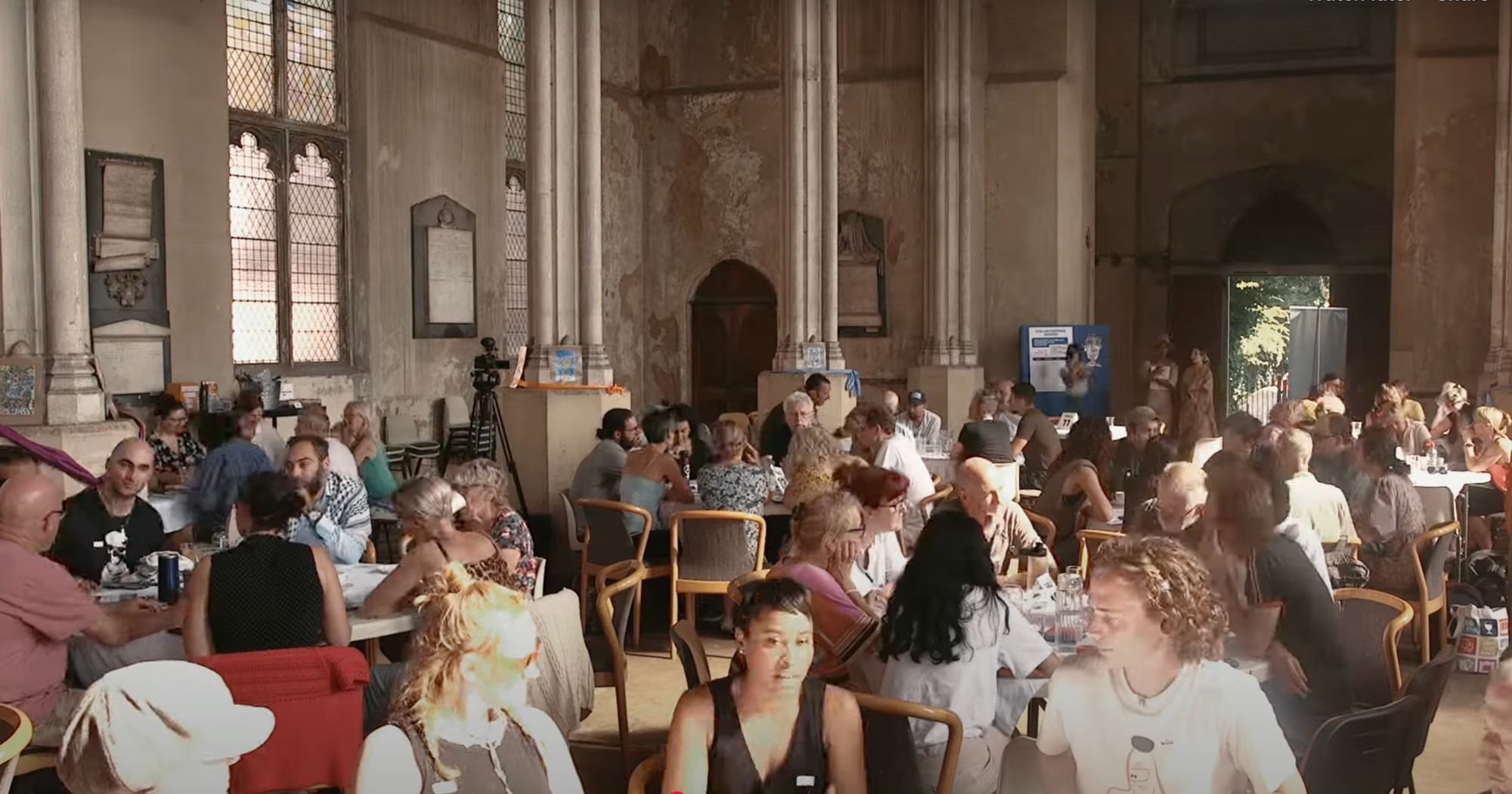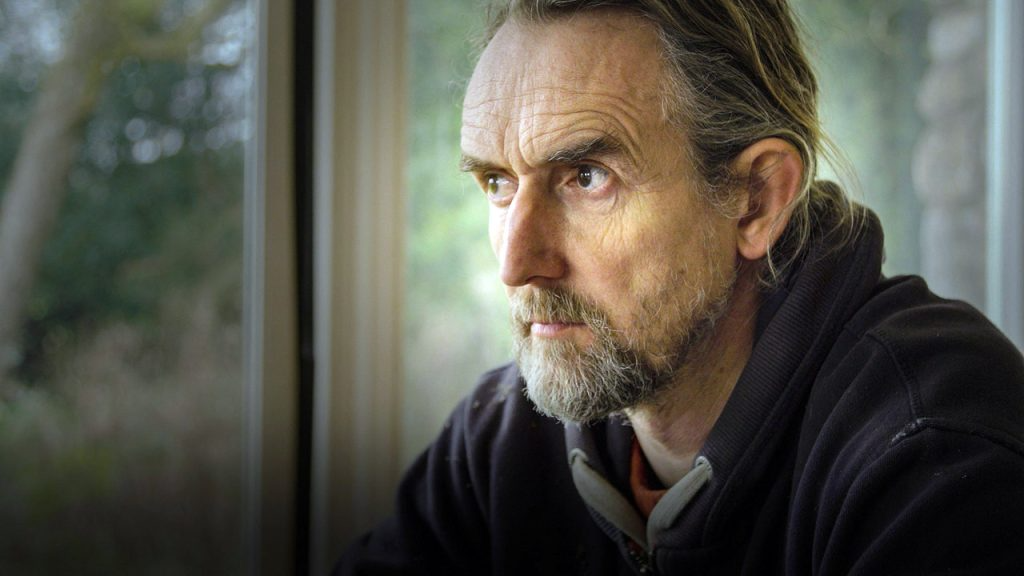My advice to Jeremy Corbyn
The new left party must be built on empowerment – and on love.

(This article was originally published in The New Statesman)
There is a slightly annoying truism that you don’t become happy by trying to become happy. Instead, you try to be a good person in service to others and happiness – or maybe a better word is fulfillment – is a by-product of that. It’s the same with winning elections. The more you try to win, the less people will want to vote for you, and even if you do win you will have destroyed your humanity to such an extent that you won’t be able to do anything half decent with the power. Wanting power because you want power is, well, not that clever.
I was an organic vegetable grower for 20 years. The elite’s insistence on continuing carbon emissions led to so many extreme weather events that they destroyed my business. So I decided to go back to university. By a stroke of luck I got into King’s College, London to do PhD research on the dynamics of political mobilisation. I arrived in London with no money, zero connections, and very little clue of what I was going to do. I slept in my car and under my desk for several years but then things took off. In 2023, the New Statesman very kindly decided I was the 34th most influential progressive person in the UK (my friends messaged me to say “only 34th!”). How did that happen? Well, I started off thinking people do stuff because they make calculations on what will be most effective – the whole “self-interest”, rationality business. Two years into my research I had a slight nervous breakdown because I realised my basic assumptions were bollocks. People do the things that other people around them do because they want to be sociable – they want love. And we are attracted to people who have integrity, meaning they are not using us – they are not bullshitting.
Let me give you a few examples. I did award-winning research on how people can be empowered by political meetings. In one experiment I had a campaign meeting designed around small groups’ decisions on what people felt about the issue, and then more small groups discuss what to do about it. The inputs were limited to two lots of five minutes. People loved it and 80 per cent of them felt empowered. Just about everyone came back for the second meeting. Then I attended a standard meeting. There were four speakers – all spoke for 15 minutes each. It was all very worthy. There was a Q&A, and several blokes asked bloke-like questions. There was no excitement. Only 20 per cent of people felt empowered. Hardly anyone came to the second meeting. To empower people, then, the political has to be decolonised by the social.
Or to put it more bluntly, people like to chat. In my fieldwork I worked for a small grassroots trade union. They were organising migrant workers in London. I organised meetings around these small group discussions. The president of the union described the effects as “absolutely fantastic”. I did the design for the first rent strike in the city for decades. I had people knock on doors doing a survey. The point wasn’t the survey as such but to have, yes, a chat. People just loved to tell us about how bad their landlord was. Then we went back two weeks later to have another chat. Having made a connection, we asked if they wanted to go on strike if a critical mass of other people did the same. And they did. It started with 150 tenants and then spread to 10,000, and then we won.
A year or two later I co-founded Extinction Rebellion. I did the mobilisation design work. It involved organising a thousand public meetings where we gave a no-bullshit talk: society is going to collapse unless we force governments to stop emitting carbon, and the most effective way to do this is through civil disobedience – because it is, and it is. Afterwards, there was no Q&A. People split up into small groups and – you’ve got it – had a chat. We mobilised hundreds of thousands of people and set up 400 local groups in 12 months.

After the pandemic I helped set up Just Stop Oil. We did another thousand public meetings and connections were created that led to thousands of arrests and hundreds of imprisonments. People don’t just do things like that. They need to feel empowered and supported. When Just Stop Oil ended, the BBC environment correspondent Justin Rowlatt asked me what was the most important thing about the organisation. I told him it was the explicit culture of respect, service and trust that brought people together. He never mentioned anything about that in his report – it was all about the usual “was it successful” stuff.
That is the problem. The ruling neoliberal ideology of instrumentalism – “what works”, “how do you get power”, and all the rest of it – saturates the public sphere so completely that people simply ignore what really makes the world go around. Which brings us to dear old Jeremy Corbyn. We all know he’s a bit weird, but we also know without doubt the guy has integrity.
He believes what he thinks is right not because it will “win”, but because it is right. That is why he won the Labour Party leadership: because he is real. And that is why 700,000-plus people have just signed up to this new left party. Sure, they are attracted to the whole equality and fairness stuff. But, in my view, the main thing is because Jeremy is “not them”: it’s not about more fucking bullshit.
Politics basically rots our souls. Those of us who are not spiritually dead know what that feels like. That’s why people hate politics. It’s not so much about the immorality – the lack of ethics – it’s about the aesthetics. It just feels yucks. It’s possible Keir Starmer is an OK guy deep down inside; it’s possible he really does want the best for the country. But that’s the whole point: we really do not know. What we do know is that even if he started to be nice and authentic, it would be because some overly smart adviser had told him to be authentic because that way he will become more popular and so get more power. I read somewhere that humans have such big brains not because they have to do all that calculating but because it takes so much brain power to work out when we are being bullshitted. And we are very good at it. We spend our lives working it out, chatting about it and comparing notes. We get to be able to smell it. And people who lie to us to get power never smell good. It’s a feeling thing.
So what am I saying? That we should be real because it’s good to be real? Yes, but critically it has to be institutionalised – a sense of service has to be systematically embedded in culture and practice. At the moment I write this we know there are lots of “how to be effective” power-mad people planning to surge into this new party and tell it what to do. More than half a million people is a lot of power, and a lot of tricky people want that power – the over-educated, over-successful, over-certain types. And they will ruin it, like they always ruin things – our parties, our country and now the whole world: our only home, this planet. It’s not good. In a week or two I hope to speak to the key people in this new movement/party space.
This is what I will say.
If you want to win the next election you have to stop thinking about getting power, and start giving it away.

If you want to be in service to the people you have to stop bullshitting and actually be in service to the people. Specifically, on the local level you have to create thousands of local assemblies where ordinary people can decide for themselves in sequences of small group discussions what the problems are and what they want changed. You need all those activists to get out, knock on millions of doors and, rather than telling people the score, to shut up and listen to them. To do a short survey, to ask open-ended questions, and build a connection. Then you will get five million sign-ups rather than 700,000.
Why? Because it’s not about the telling, it’s about the listening, stupid. And then on the national level you drop the whole elections thing – it only encourages ego and power. You take a thousand of those ordinary people, randomly selected from your millions of sign-ups, to constitute your founding festival (not “conference”: it’s a social thing not a political thing), and then (you got it) you split them into small groups for a few days. You enable them to decide how we are going to come together in this great country of ours and remake ourselves, and then remake the world. It will be mind-blowing and heart-opening. People will be in tears. Because, at the end of the day, we all want that love. I know it’s embarrassing to say so, because we are all taught to ignore what we really feel and want. But, hey, it’s true.
But whatever happens with this new party, in ten years we will be heading to 2°C of global heating, the feedbacks will be locked in and the carbon sinks will be collapsing. It will be the end. Except, of course, it won’t. We will finally realise that all that whole bullshitting, power-mad routine has only brought us to a burning planet and more deaths than we can imagine. There is going to be the biggest explosion of regret, remorse and redemption in human history. And out of all that we will finally grow up and realise that it is good to be good because it is good. And it’s nice to sit with the people we love and have a nice chat.
Want to connect with other revolutionaries? Join the Revolution in the 21st Century (R21C) here
